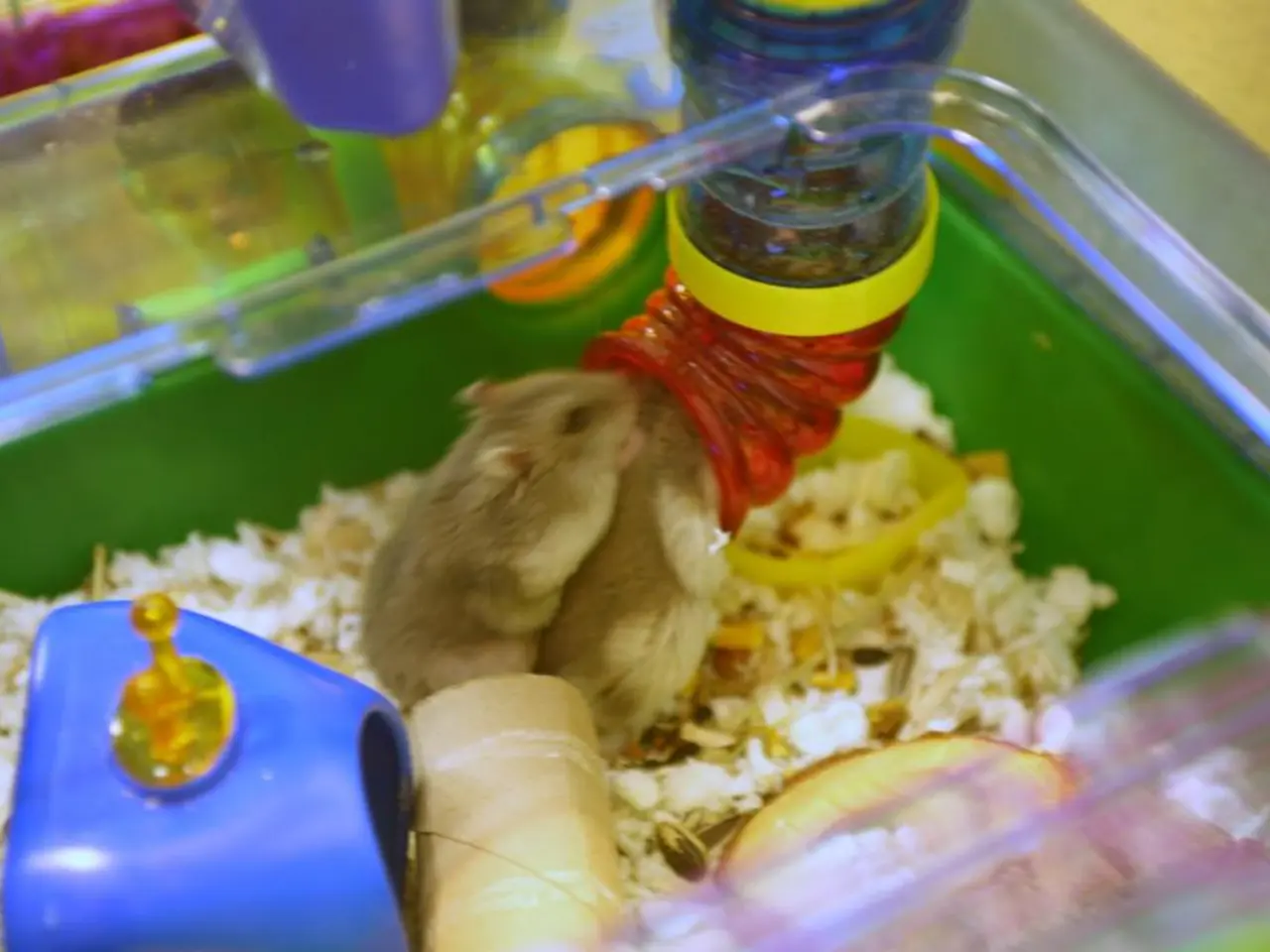Global plastic pollution treaty discussions resume during the fifth round of talks in Geneva
The Global Plastics Treaty, an international agreement aimed at ending plastic pollution by addressing the full lifecycle of plastics, is currently under negotiation. The treaty negotiations began in 2022, following a UN mandate supported by 145 countries, with the ambition of completing the work by the end of 2024.
So far, five negotiation sessions have taken place. The fifth session, known as INC-5, took place in Busan, South Korea, in November/December 2024, but ended without a final deal despite significant progress. The resumed fifth session, or INC-5.2, is currently ongoing, taking place from 5 - 14 August 2025 at the Palais des Nations in Geneva.
INC-5.2 is attended by over 2,600 participants from 183 countries, including many ministers and high-level officials. The aim of INC-5.2 is to finalise and approve the text of an agreement on plastic pollution. However, the session ended without a formal agreement, with ongoing disagreements on several contentious points.
One of the main points of contention is the scope of the treaty, particularly opposition by oil-producing countries to limits on plastic production, despite UNEA 5.2’s mandate to cover plastics’ full lifecycle. Another point of contention is whether treaty measures should be binding or voluntary, and the establishment of a finance mechanism to support implementation, especially for developing countries.
Despite these challenges, commitment to pursue the treaty continues strongly among member states, the UN Secretary-General, and involved organizations. The INC Chair has prepared a revised text incorporating some consensus and options, which will be the basis for future resumed negotiations.
The Global Plastics Treaty talks are effectively "on pause" after INC-5.2 adjourned, with the next session yet to be scheduled. However, the international community, including over 3,700 participants from 184 countries and over 619 observer organisations, remains hopeful that a comprehensive solution to plastic pollution can be found.
The session is being held within a long tradition of crucial multilateral negotiations, diplomatic breakthroughs, and international legal frameworks. Inger Andersen, Executive Director of UNEP, emphasised the urgency of the issue, stating that plastic pollution is already in nature, oceans, and bodies, and if not addressed, the whole world will be drowning in plastic pollution with massive consequences for planetary, economic, and human health. Katrin Schneeberger, Director of the Swiss Federal Office for the Environment, echoed this sentiment, stating that plastic waste is choking our lakes, harming wildlife, and threatening human health.
In a historic and unique opportunity for the international community, the session offers a chance to bridge differences and find common ground. The potential outcome of INC-5.2 could include both binding and voluntary approaches, and if approved, the agreement will be forwarded for consideration and adoption at a future Diplomatic Conference of Plenipotentiaries.
- The Global Plastics Treaty, currently under negotiation, aims to end plastic pollution by addressing the full lifecycle of plastics, with the fifth negotiation session (INC-5.2) ongoing at the Palais des Nations in Geneva.
- The aim of INC-5.2 is to finalise and approve the text of an agreement on plastic pollution, yet ongoing disagreements on crucial points such as the scope of the treaty and the establishment of a finance mechanism for developing countries remain unresolved.
- The session offers a significant opportunity for the international community, including over 3,700 participants from 184 countries and over 619 observer organisations, to bridge differences and find common ground, potentially leading to a comprehensive solution for plastic pollution and an agreement that could be forwarded for adoption at a future Diplomatic Conference of Plenipotentiaries.








